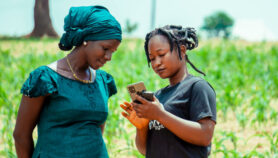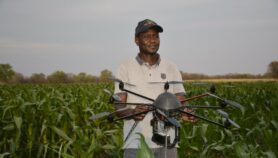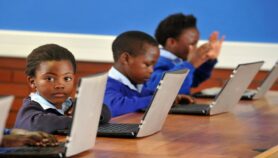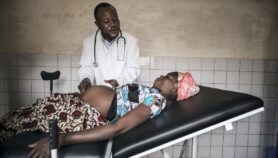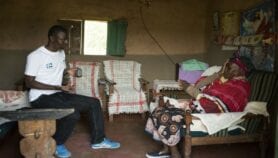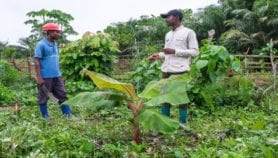By: Ochieng’ Ogodo
Send to a friend
The details you provide on this page will not be used to send unsolicited email, and will not be sold to a 3rd party. See privacy policy.
[HEIDELBERG, GERMANY] Information and communication technologies (ICTs) could boost economic and social development, especially in developing countries where there are many challenges, says an expert.
Raj Reddy, an Indian American computer scientist, who attended the 4th Heidelberg Laureate Forum at Heidelberg, Germany, forum, says: “For this [socio-economic development] to happen, there is a need for universal internet connectivity, access to computing devices, and building of people’s capacity to use them.”
“There is a need for universal internet connectivity, access to computing devices, and building of people’s capacity to use them.”
Raj Reddy, International Institute of Information Technology
The 4th Heidelberg Laureate Forum at Heidelberg, Germany, which brought together top mathematics and computer scientists to network and share experiences with the future generation, took place last week (19-23 September).
For economic development, ICTs could aid sourcing of markets online, purchases and trade among nations, Reddy tells SciDdev.Net, adding that individuals could use ICTs for entertainment, access to education, banking and health.
Reddy, the Moza Bint Nasser University Professor of Computer Science and Robotics in the School of Computer Science at Carnegie Mellon University Pennsylvania, USA, explains that ICTs could be used for social development through approaches such as digital democracy, transparency in governance, e-voting in developing countries, citing the Arab spring in Egypt as an example of how the technology was used to advance a people-based cause.
But for such impacts to be realised universally, especially in places such as Africa and India, experts who design ICTs should think of those at the bottom of the literacy pyramid who cannot read and write.
One of the ways of doing that is to deal with “specific subtasks” other than the broader picture, according to Reddy. These include building devices such as mobile telephones with applications that meet needs such as speech-to speech and text-to-text translations into languages that are not as dominant as English and Chinese. .
”This has not been done for economically less dominant languages. Instead of saying there is no economic opportunities there, that is where it is and people can do many things if these were made possible,” adds Reddy, who is also the chairman of India-based International Institute of Information Technology, Hyderabad.
In education, it can also be used for providing strong academic content, which is currently being done but mostly in English, according to Reddy, and thus poor students in rural villages who do not understand English get cut out in the current information technology scene.
Universal connectivity, access to devices where the big companies can subsidise the cost of phones and are given free to the poor in low resource settings will make economic returns from usage take off in a big way.
“Besides, access to connectivity and devices, people need to be taught how to use them and in one minute learning time,” he explains, adding that enabling many poor people will bring economic benefits to them, governments, technology hardware manufacturers and software makers.
“For instance, we need to develop mobile applications that improve education provision, health care services, water, sanitation and environmental management in regions such as Africa,” he tells SciDev.Net.
Africa’s population is nearly a billion people with usage of about 650 million mobile phones mostly used for communication but, according to Haji, there are other services like health and education that can be provided using ICT.
“But we need applications that can be used to serve people in their settings as well as taking care of the many [local] languages as opposed to English only that many people may not be conversant with,” he explains.
This piece was produced by SciDev.Net’s Sub-Saharan Africa English desk.




